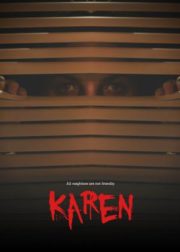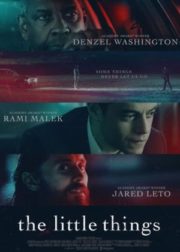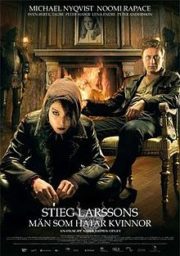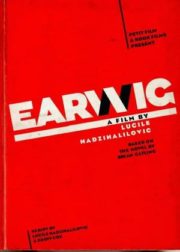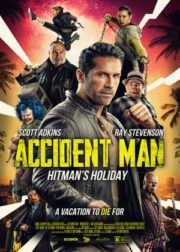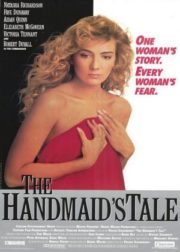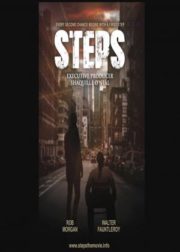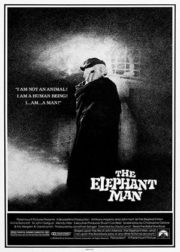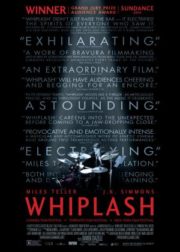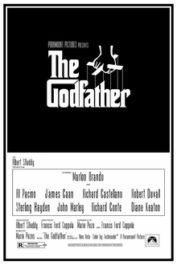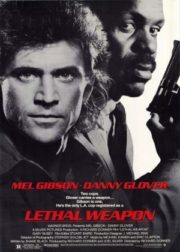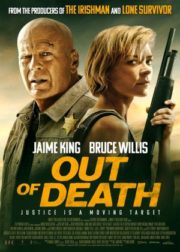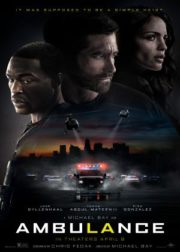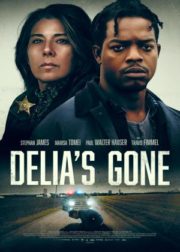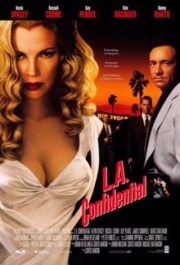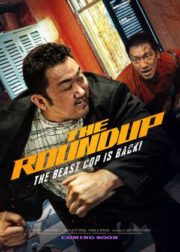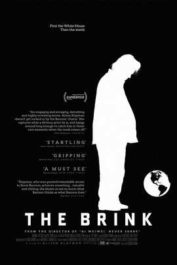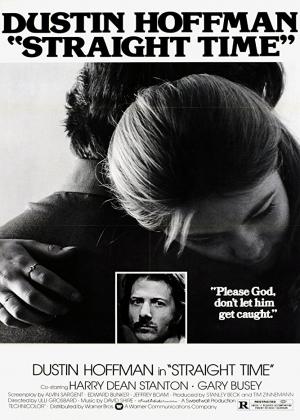
Submit your review | |
Straight Time, released in 1978, is a gripping and realistic crime drama that delves into the complexities of one man's struggle to reintegrate into society after serving a prison sentence. Directed by Ulu Grosbard, this film offers a raw and unflinching portrayal of a life on the edge and the relentless pursuit of a second chance.
The story centers around Max Dembo (played by Dustin Hoffman), a recently released convict who is determined to turn his life around and leave his criminal past behind. However, as Max navigates the challenges of finding employment and reconnecting with his estranged family, he is continually confronted by the temptations and pressures that threaten to pull him back into a life of crime.
Dustin Hoffman delivers a powerhouse performance as Max Dembo, showcasing his versatility and ability to inhabit complex characters. With a combination of vulnerability, desperation, and quiet intensity, Hoffman captures the inner turmoil and frustration of a man trying to break free from the cycle of criminality. His portrayal is nuanced and layered, evoking empathy and understanding for Max's struggles.
The film excels in its realistic depiction of the criminal underworld and the challenges faced by ex-convicts upon reentering society. It exposes the harsh realities of a system that often fails to provide adequate support and opportunities for rehabilitation. The gritty atmosphere and attention to detail lend authenticity to the narrative, immersing viewers in Max's world of desperation and limited options.
Straight Time benefits from its strong supporting cast, including Theresa Russell as Jenny, Max's love interest, and Harry Dean Stanton as Jerry, his former criminal mentor. Their performances contribute to the film's authenticity and add depth to the interpersonal relationships that shape Max's journey.
The cinematography effectively captures the gritty streets of Los Angeles, emphasizing the contrast between the glimmers of hope and the shadows of despair. The film's understated yet impactful score by David Shire heightens the tension and emotional impact of pivotal moments, enhancing the overall viewing experience.
One of the film's strengths lies in its refusal to romanticize or sensationalize the criminal lifestyle. It presents a realistic portrayal of the challenges and consequences that come with a life of crime, while also exploring the underlying reasons and psychological complexities that drive individuals down that path.
While the pacing may feel slow at times, it serves to emphasize the character-driven nature of the story and allows for moments of introspection and reflection. The film's commitment to authenticity and its exploration of themes such as redemption and the limitations of societal reintegration make it a thought-provoking and compelling watch.
In summary, Straight Time (1978) is a gritty and authentic crime drama that showcases Dustin Hoffman's remarkable talent and offers a realistic portrayal of the struggles faced by ex-convicts. With its powerful performances, atmospheric cinematography, and insightful storytelling, the film leaves a lasting impression. For those seeking a character-driven exploration of the complexities of the human condition, Straight Time remains a must-see film that stands the test of time.

